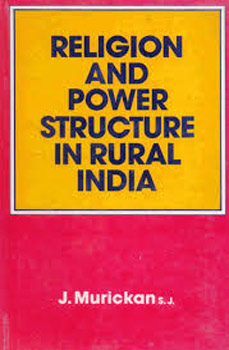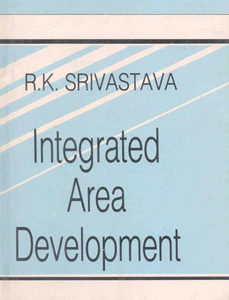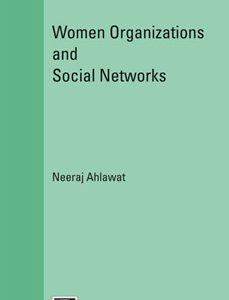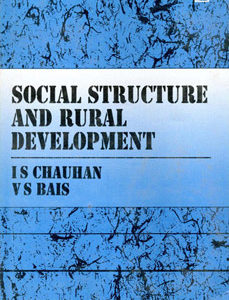RELIGION AND POWER STRUCTURE IN RURAL INDIA: A Study of two fishing villages in Kerala: Poovar—Sakthikulangara
₹1,295.00 Original price was: ₹1,295.00.₹1,036.00Current price is: ₹1,036.00.
25 in stock
This study attempts to compare the power structures in two marine fishing communities in Kerala; Poovar and Sakthikulangara. Poovar is an extremely poor and backward community while Sakthikulangara is an affluent community with advanced fishing technology in the mechanised sector. The power structures controlling the two communities are analysed in terms of the interlinkages between the economic, political and religious power components. The changing role of religion these differential social matrices is specially highlight. Our analysis reveals that the central power component in Poovar is the Church having strong supportive linkages with the economic and political systems wherein the people uphold the Church as a symbol of their unity and the source of their identity and security, in sharp contrast the Church recedes into insignificance in the modernised community of Sakthikulangara where the agents of the economic system comprising production, processing and marketing operations have, in collaboration with the political power forces, established complete control over the life and activities of the local community. Membership in Church and celebration of religious festivals serve more as a means of boosting their prestige and influence in the secular spheres. Thus religion dominates in a backward social system while it becomes isolated and subservient as modernisation takes over.
| Author's Name | |
|---|---|
| Binding | |
| Release Year | |
| Language | |
| Publisher |
Related products
Sociology
Sociology
Sociology
Sociology










